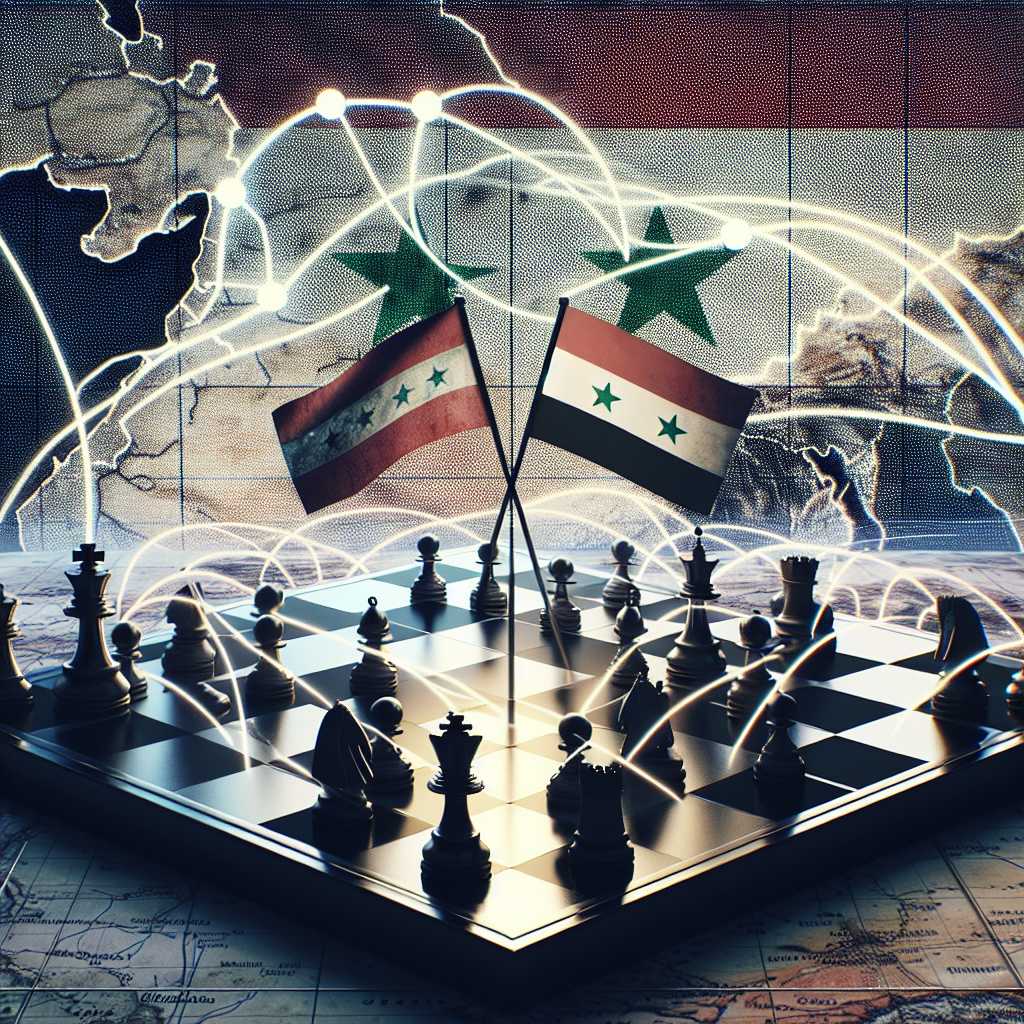Exploring the Tensions: A Comprehensive Overview of Iranian Attacks on Israeli Targets
The political landscape of the Middle East is a complex tapestry of historical grievances, religious tensions, and geopolitical rivalries. Central to this intricate dynamic is the longstanding adversarial relationship between Iran and Israel. This article looks at instances where Iran has targeted Israel, directly or indirectly, through its proxies, as well as the broad regional implications and reactions to such events.
Historical Context of Iran-Israel Relations
Since the establishment of the State of Israel in 1948, relations between Israel and its regional neighbors have been fraught. However, with Iran, the dynamic changed significantly after the Islamic Revolution in 1979, when Iran’s monarchy was overthrown, and it became an Islamic Republic. Under the Shah, Iran and Israel had somewhat covert economic and military cooperation. Post-revolution, however, Iran no longer recognized Israel as a state and has since positioned itself as a staunch opponent of Israeli policies, particularly towards Palestinians.
The Strategic Use of Proxies by Iran
Iran’s direct confrontation with Israel remains limited, but its reach has often been extended via proxies. The most significant of these is Hezbollah, a Lebanon-based Shia Islamist political party and militant group backed by Iran. Hezbollah has executed rocket attacks against Israel and is believed to have received military aid from Iran. The Islamic Jihad in Gaza and parts of the Syrian government forces have also served as conduits for Iranian influence and objectives against Israeli interests.
Iran Military Actions through Proxies
Incidents such as cross-border skirmishes, rocket attacks from Lebanon into northern Israel, infiltrations by armed groups into Israeli territory, launching drones, and attempts at various disruptive operations speak to the indirect but impactful ways in which Iran projects its hostilities toward Israel.
Cyber Warfare: An Emerging Front
Recent years have witnessed a rise in state-sponsored cyber-attacks and counter-operations between the two countries. Israel has accused Iran of targeting its water infrastructure and financial institutions through cyber means. Conversely, Iran alleges that Israel has enacted similar forms of digital espionage and sabotage within its borders, speculatively involving Israel in incidents disrupting Iran’s nuclear program.
Response Tactics by Israel
In what appears to be self-defense measures or preemptive strategies, Israel has always taken a stringent stance against any Iranian threats. Whether through airstrikes targeting Iranian bases in Syria purportedly aimed at impeding arms transfers to Hezbollah or cyber defenses countering Iranian hacking attempts, the Israeli response is persistent and multi-faceted.
The Regional Reaction
While some Arab countries share concerns over Iran’s regional ambitions and nuclear aspirations – motivating them towards normalized relationships with Israel – others condemn what they perceive as Israel’s outsized response to what could be construed as Iranian defensive posturing.
Diplomatic Efforts Amidst Hostilities
Despite the escalations, various international entities – including European nations, Russia, and occasionally intergovernmental organizations – have made consistent attempts to mediate between Iran and Israel. These efforts are aimed at de-escalation and finding diplomatic solutions to curtail any large-scale military confrontation.
Global Implications of Continued Conflict
Persistent conflict endangers not only Middle Eastern stability but radiates shockwaves into global strategy matters concerning energy security (given both nations’ significant oil reserves), nuclear nonproliferation (highlighted by concerns over Iran’s nuclear program), and international terrorism dynamics.
